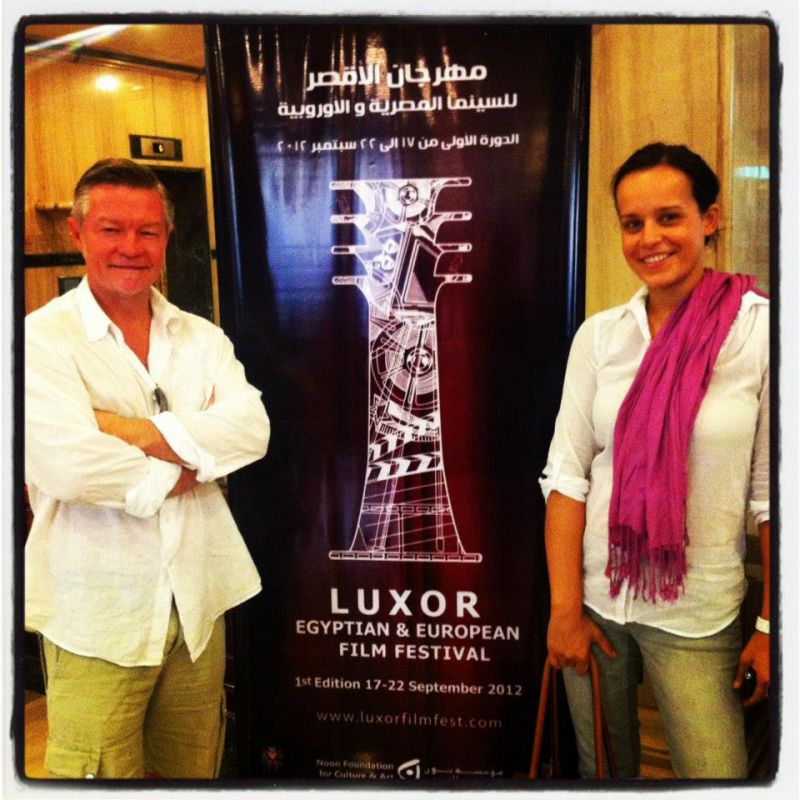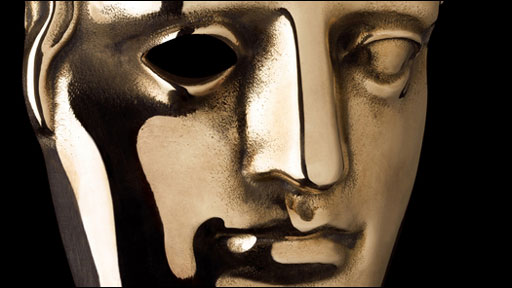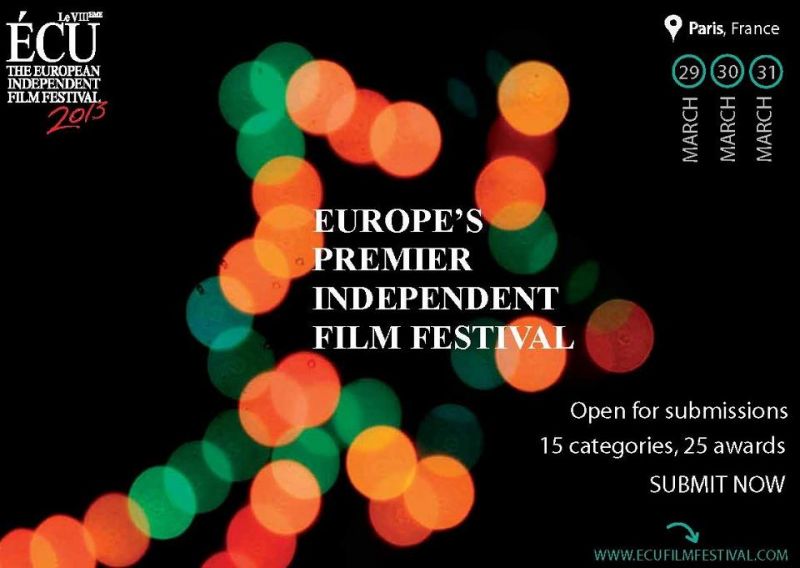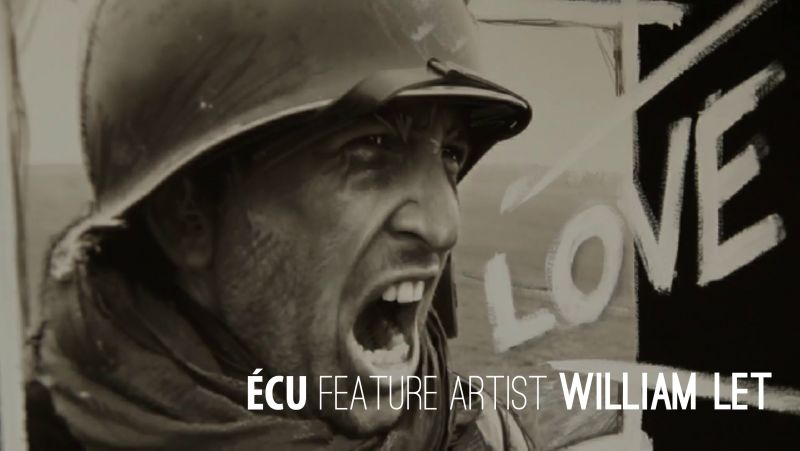|
|
||
|
Pro Tools
FILMFESTIVALS | 24/7 world wide coverageWelcome ! Enjoy the best of both worlds: Film & Festival News, exploring the best of the film festivals community. Launched in 1995, relentlessly connecting films to festivals, documenting and promoting festivals worldwide. Working on an upgrade soon. For collaboration, editorial contributions, or publicity, please send us an email here. User login |
Russian Arkby Yann-Yves
A few weeks ago, Russian director Alexander Sokurov came to the Forum
One of the many elements that the filmmaker spoke about in his master
His respect for the great masters is clearly seen in his journey
One of the lessons that I gained from this master class was his
As I see it, the ability to become a great master is in part to have
But is the master alone in filmmaking? Is a great story or idea
And is the master’s idea original or the fruit of another seed? The
Standing on the shoulders of giants is what our generation and newer
//////
L’Arche Russe
Il y a quelques semaines, le réalisateur russe Alexandre Sokourov est
Parmi les nombreux sujets abordés lors de cette master class, le
Le respect qu’il voue aux grands maîtres est particulièrement évident
L’une des leçons que j’ai tirée de cette master class, c’est l’idée
Selon moi, la capacité de devenir soi-même un grand maître tient de
Mais le maître réalise-t-il son film seul ? Une idée ou une histoire
L’idée du maître est-elle authentique et originale, ou est-elle le
Les prochaines générations d’artistes resteront juchées sur les
30.11.2010 | ÉCU-The European Independent Film Festival's blog Cat. : Alexander Sokurov Alexander Sokurov Alexandre Sokourov Arkansas Artist Director ecu ecu 2011 ecu film festival Entertainment Entertainment For-l'Évêque France French people Hermitage museum Louis Galloche Martin Scorsese Moscow Person Career Person Travel professor Russian Ark St. Petersburg the Hermitage UN Court Yann-Yves FESTIVALS
|
LinksThe Bulletin Board > The Bulletin Board Blog Following News Interview with EFM (Berlin) Director
Interview with IFTA Chairman (AFM)
Interview with Cannes Marche du Film Director
Filmfestivals.com dailies live coverage from > Live from India
Useful links for the indies: > Big files transfer
+ SUBSCRIBE to the weekly Newsletter Deals+ Special offers and discounts from filmfestivals.com Selected fun offers
> Bonus Casino
User imagesAbout ÉCU-The European Independent Film Festival Hillier Scott Hillier Scott (ECU)
Scott Hillier, Founder and President of ÉCU - The European Independent Film Festival
Scott Hillier is a director, cinematographer, and screenwriter, based in Paris, France. In the last 20 years, Hillier has gained international recognition from his strong and incredible cinematography, editing, writing, producing and directing portfolio in both the television and film industries.
Scott began his career in the television industry in Australia. In 1988, he moved to London getting a job with the BBC who then set him to Baghdad. This opportunity led him to 10 years of traveling around world for the BBC, mainly in war zones like Somalia, Bosnia, Tchetcheynia, Kashmir, and Lebanon. After a near fatal encounter with a Russian bomber in Tchechnyia, Hillier gave up his war coverage and began in a new direction.
He moved to New York City in 1998. He directed and photographed eight one-hour documentaries for National Geographic and The Discovery Channel. Based on his war knowledge and experience, Hillier wrote and directed a short film titled, “Behind the Eyes of War!" The film was awarded “Best Short Dramatic Film” at the New York Independent Film and TV Festival in 1999. From that he served as Supervising Producer and Director for the critically acclaimed CBS 42 part reality series, "The Bravest” in 2002 and wrote and directed a stage play called, "Deadman’s Mai l," which ran at Le Théâtre du Moulin de la Galette in Paris during the summer of 2004. He then became the Director of Photography on a documentary titled, “Twin Towers." This was yet another life changing experience for Hillier. The riveting documentary won an Academy Award for "Best Documentary Short Subject" in 2003. In 2004, Hillier changed continents again, spending three months in Ethiopia. He produced “Worlds Apart,” a pilot for ABC America / True Entertainment / Endemol. As you can see, Hillier was and is always in constant movement and enjoys working in a number of diverse creative areas including documentaries, music videos, commercials, feature and short films.
Scott studied film at New York University and The London Film and Television School. He also studied literary non-fiction writing at Columbia University. Hillier's regular clients include the BBC, Microsoft, ABC, PBS and National Geographic. Between filming assignments, he used to teach film, a Masters Degree course in Screenwriting at the Eicar International Film School in Paris, France and journalism at the Formation des Journalistes Français in Paris, France.
View my profile Send me a message The EditorUser contributionsUser links |




























